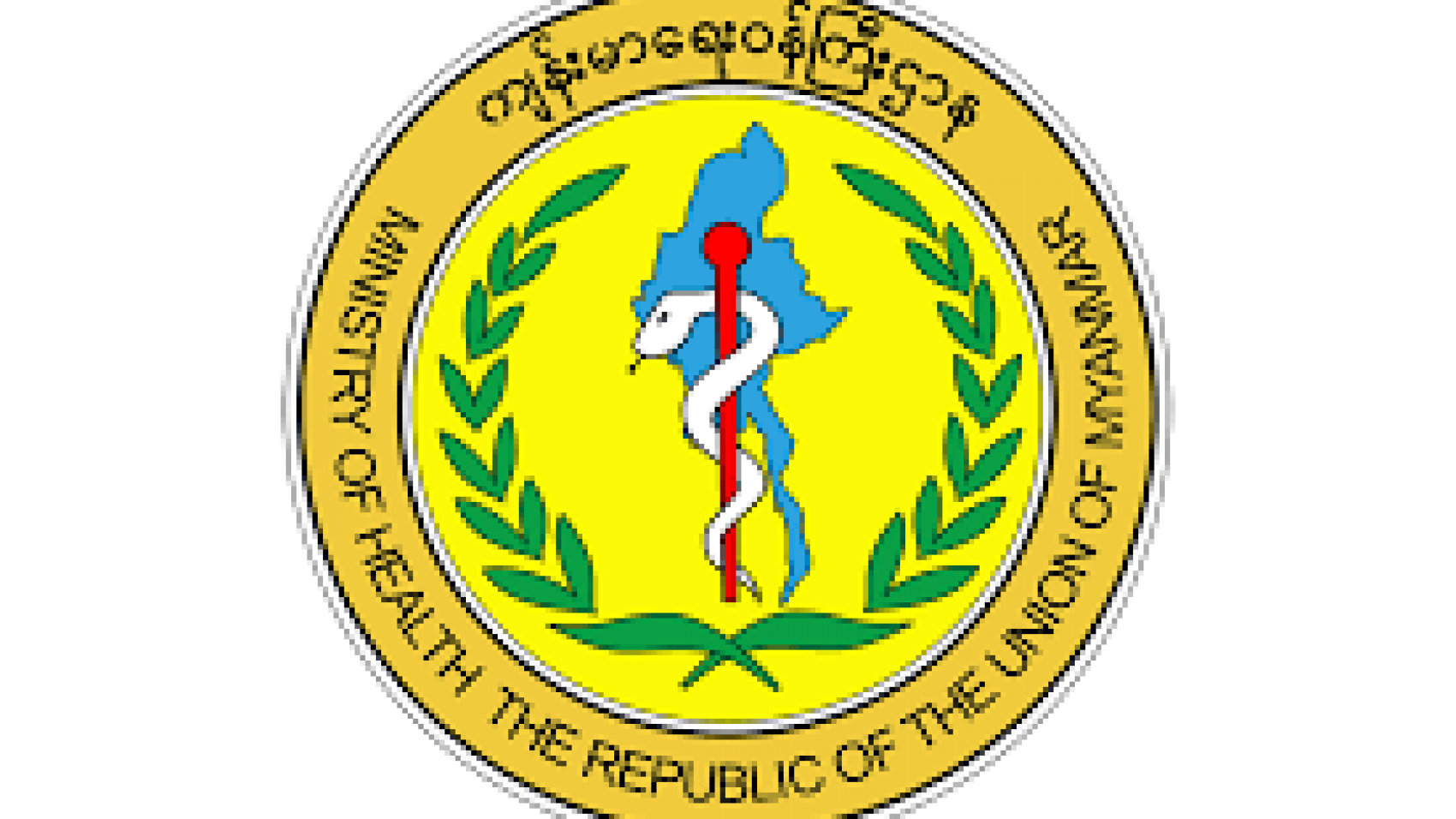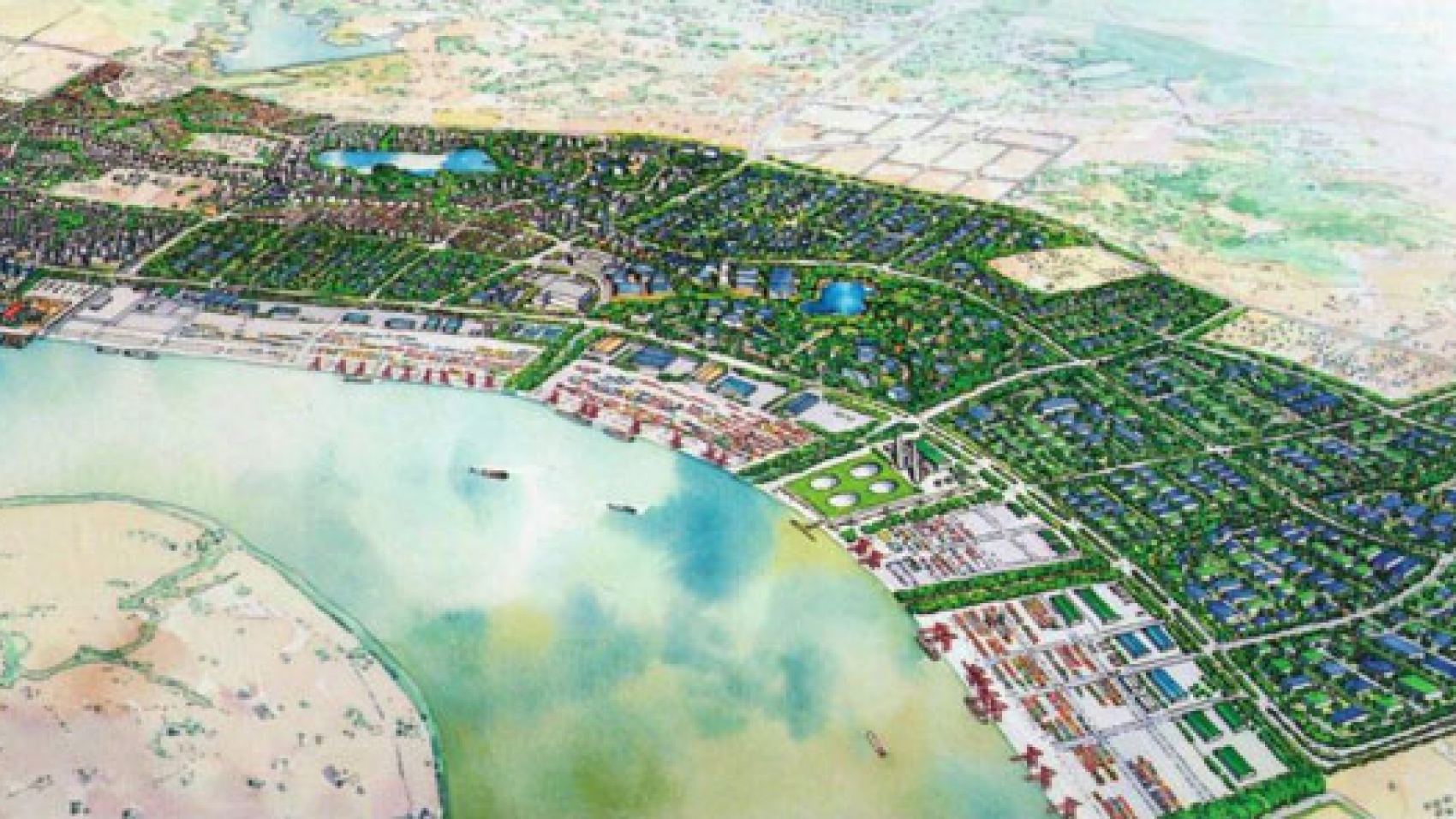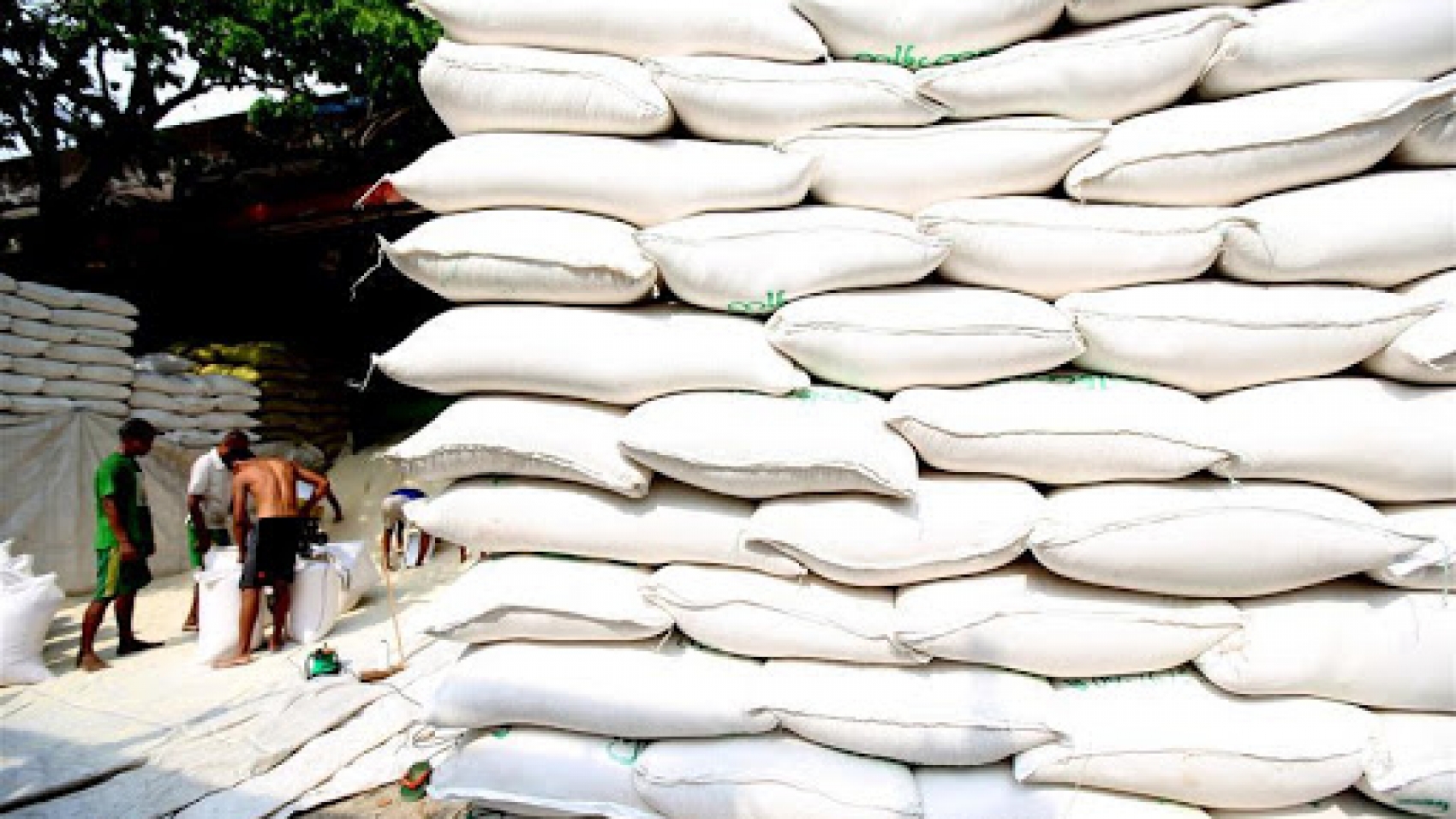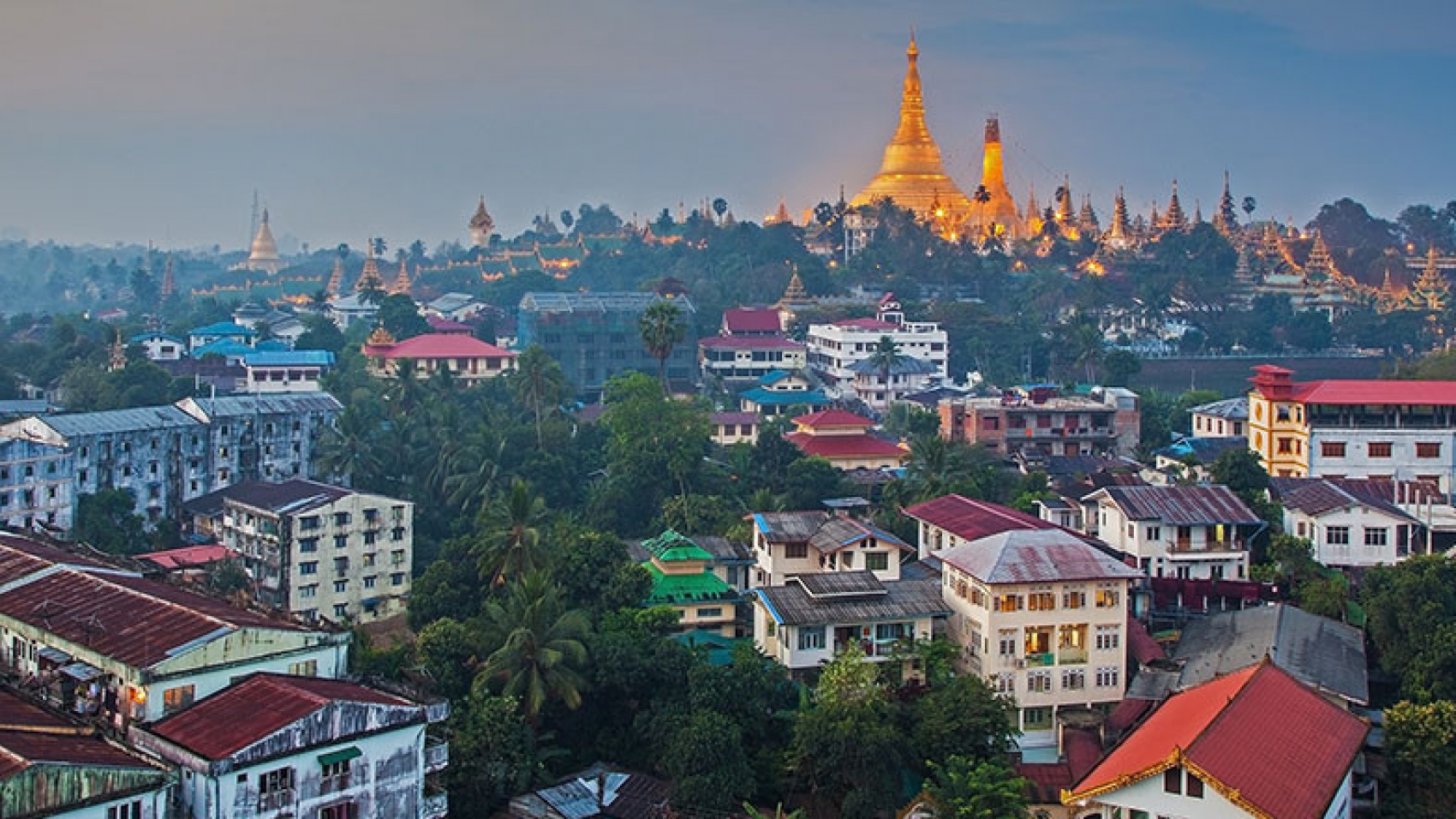THE Ministry of Health and Sports has issued this order in line with provisions stipulated in Section 21-(b) of the Prevention and Control of Communicable Diseases Law.
1. The ministry is working around the clock for the prevention of the acute respiratory disease Coronavirus Disease 2019 (COVID-19) and had previously issued the Stay-at-Home Order 107/2020 dated 20-9-2020 for related townships including all townships in Yangon Region (excluding Cocogyun Township).
2. Some townships in Yangon Region now show considerable improvement in COVID-19 prevention measures, and new cases found in the townships in past 14 days considerably decreased.
3. Therefore, it is hereby announced that the Stay-at-Home order issued for the townships in Yangon Region (excluding the wards/villages in Seikkyi/Khanaungto, Twantay and Kungyangon townships in Yangon Region) ended at 8 am on 27-12-2020.
Dr Myint Htwe
(Union Minister)
Stay-at-Home Order is still in effect in the following wards and village-tracts of the three townships in Yangon Region.
(time and date: 8:00 am, 27 December 2020)
1 Seikkyi/Khanaungto Township
1 Seikkyi Ward (east)
2 Seikkyi Ward (west)
3 Khanaungto Ward (east)
4 Khanaungto Ward (west)
5 Samarduwar Ward
6 U Tun Oh Ward
2 Twantay Township
1 Kyuntaw Ward
2 Kyunbet Village-tract
3 Kwangyan Ward
4 Kathabaung Village-tract
5 Kalartan Village-tract
6 Khayanwa Village-tract
7 Hsanywa Village-tract
8 Tamangyi Village-tract
9 Tamartakaw Village-tract
10 Taloathtaw Village-tract
11 Htawyoe Village-tract
12 Payargyi Village-tract
13 Mangay Alae Village-tract
14 Minpaing Ward
15 Shwesantaw Ward
16 Thawuntaw Village-tract
17 Ahlaechaung Village-tract
18 Ohnpinsu Ward
3 Kwangyangon Township
1 Sanpya Ward
2 Kantmalar Village-tract
3 Hnetgyidaung Village-tract
4 Tawkhayanlay Village-tract
5 Tawpyar Village-tract
6 Tawlan Village-tract
7 Pilakhat Village-tract
8 Mayan Village-tract
9 Hmawby Village-tract
10 Yaytein Village-tract
11 Latkhonkon Village-tract
Source: The Global New Light of Myanmar






